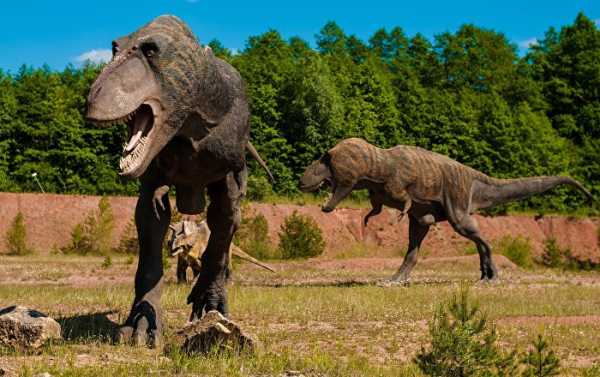
The discovery suggests that DNA can actually be preserved for tens of millions of years, if this hypothesis is verified.
An intriguing discovery made during the study of a couple of dinosaur skulls unearthed in the United States may have, if confirmed, a profound impact on the scientific understanding of DNA, the Daily Express reports.
According to the newspaper, one of the researchers involved in the find, Mary Schweitzer, claimed that the skulls, which belonged to duck-billed creatures called Hypacrosaurus that lived some 75 million years ago, contained “a number of extremely well preserved cells” which “could be DNA”, even though “it is widely accepted that DNA can take around 5.3 million years to become completely unreadable”.
Schweitzer previously told National Geographic, however, that she is “not even willing to call it DNA” due to being cautious and not wanting to “overstate the results”.
The discovery in question was praised by Alida Bailleul of the from the Chinese Academy of Sciences who said that her “heart almost stopped beating” when considering the possible ramifications of this find.
As the newspaper points out, however, Schweitzer’s work was criticized by some scientists due to the fact that her results apparently haven’t been replicated by other teams so far.
Sourse: sputniknews.com






